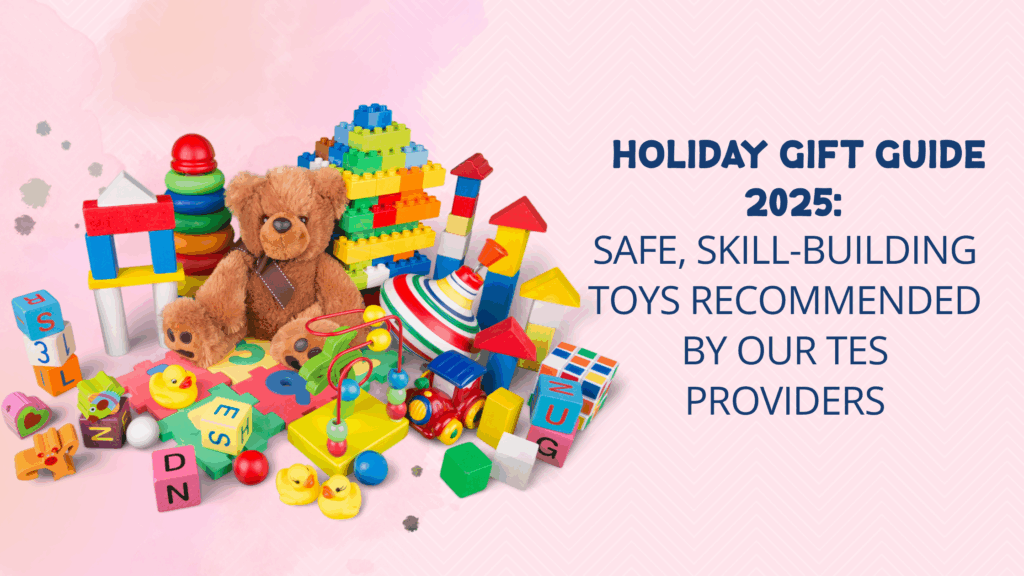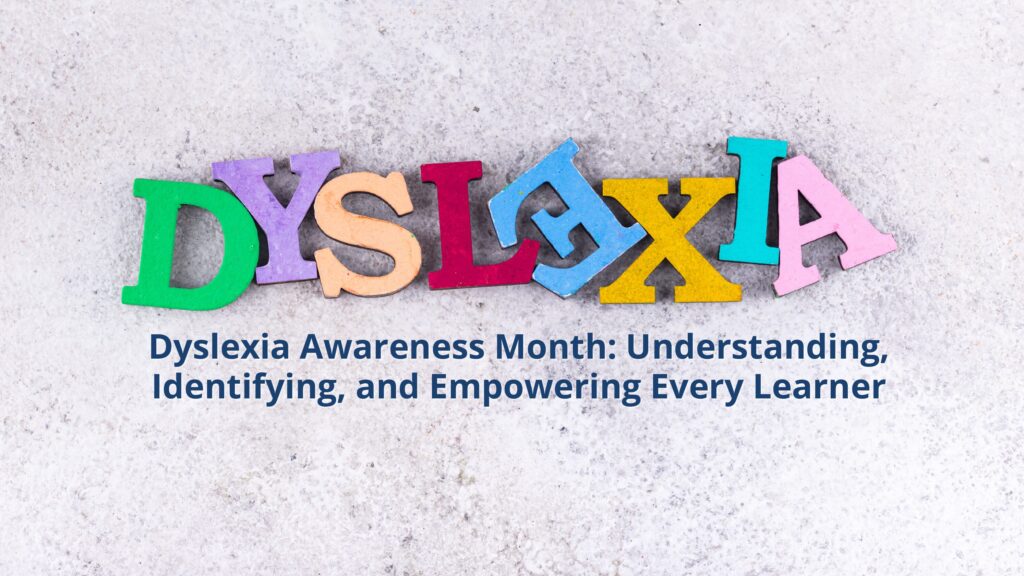Total Education Solutions (TES) created a question and answer series on our Instagram page called Ask an Expert. Our Behavior Therapist, Melissa Sundt M.S., BCBA, LBA, answered the most frequently-asked questions regarding Behavior Therapy. Melissa is a licensed Behavior Analyst in Michigan and has been a BCBA for almost 3 years. She received her master’s degree in Applied Behavior Analysis from Western New England University. Melissa has been part of the TES family for the past 2 years but has been working in the field of #ABA since 2014. We complied the questions and answers or you can click here to see the Q&A on our Instagram page!
BCBA stands for Board Certified Behavior Analyst. Usually, this is the behavior therapist that would be working as the child’s supervisor. In this role, they would be the ones training parents and the technicians working directly with the child, as well as determining what skills/goals to work on to help the child progress.
Behavior Therapy FAQs
1. What do behavior therapists do?
As a BCBA, my job is to assess the child’s strengths and deficits and work with the parent to identify goals for treatment. I then will create behavior programs and protocols to help increase functional skills and decrease problem behavior. I also provide parent training to help generalize learned skills to the home and family.
2. What does behavior therapy look like?
Depending on your child’s specific strengths and deficits, they will attend behavior therapy sessions a certain number of hours and times per week. A behavior technician will work with the client 1:1 on the specific goals in their program. As a supervisor, I would monitor these sessions and make sure all programming is being run with fidelity*. I will also work with the parents as well on certain goals determined at the onset of therapy.
3. What should parents look for in behavior therapist?
When searching for a good fit for a behavior therapist for your child, try to find someone who has a skill set that best matches your child’s needs. For example, if your child is an adolescent, try to find a behavior therapist that has experience working with older kids. Some companies will only provide certain types of therapy, like early intervention (2-6), so it is good to ask about experience of a behavior therapist.
4. How do you know when your child’s behaviors warrant behavior therapy?
Trust your gut as a parent. If there comes a time in which you don’t think you can handle certain behaviors, or just need some guidance, reach out. We are here to help and can work with families dealing with a variety of behavior problems.
5. When should I start behavior therapy?
Short answer is: As soon as possible! Data has shown how important early intervention is for children with special needs and Autism. Even if your child isn’t a toddler, still seek out behavior therapy sooner rather than later if you believe it could be beneficial to your child. The sooner new skills are taught, the better the results in the long run.
6. Do reward/behavior charts work? If so, what are the best way to implement them?
Reward/behavior charts refer to a system where a small token or reward is given when good behavior is displayed or when tasks are completed. Reward/behavior charts can definitely work with some children, but it all depends on the child! They often work well if your child is motivated by social attention or by certain items. The best way to implement these would be by establishing clear contingencies and expectations and to make sure what they are earning is motivating in multiple different ways. For example, if they need 5 stickers to get an ice cream cone, even make the stickers fun and motivating by buying stickers of their favorite character!
7. How can you balance structure during this time without losing your mind?
Everyone is having this problem during this difficult time! The best way to balance structure is to establish a new routine and stick to it. Be consistent! Even if you can’t create a daily schedule and follow it, just pick at least 1-2 things to start with. It can be as easy as eating lunch each day at 12pm and then math work right after, or planning a family movie time every Friday at 7pm.
8. For parents working at home right now, how can you balance your child’s needs? How can you explain to them that you have to work too?
Be transparent. Take time to explain to your child that you have to work as well and try your best to set times in which you are available and not available. Try to give them a reinforcing task to complete when working and praise them for good behavior or waiting until you are done working. Try to take the time when you’re not working to spend with them!
9. How can you manage/address disruptive behavior at this time?
Do the best you can! Set expectations and be consistent. Follow through with what you say. Try to reinforce and praise good behavior when you see it and give the most attention for this. You don’t want to give your child attention only when they are misbehaving by punishing because they may engage in the behavior again if seeking attention, whether good or bad.
10. Strategies for families with siblings in dealing with being in close proximity 24/7?
Use this time to teach and reinforce social skills by engaging in fun activities together. You can work on sharing, cooperative and imaginary play, and conversation skills. By doing fun things together, siblings may find the other reinforcing and may want to be around them more because they associate them with fun things! If siblings need a break from each other, honor that time apart and try to give some individual time to each child as well.
11. What can you do if your child has increased challenging behavior at home during this time?
It is important to remember that this time is an adjustment for everyone, especially those children that thrive when there is predictability. It may help your child to explain why they are at home, or if they are a more visual learner, using visuals or a social story to explain. Try your best to create a new “normal” by implementing a schedule or routine for your child, and remember to still engage in fun activities as well!
12. What can you do if your child uses profanity when upset?
Try to teach some alternative coping strategies to replace the profanity. Give options such as yelling into a pillow, problem solving, or squeezing a stress ball. If you believe your child is using profanity to get a reaction out of you, they may be seeking attention. Remember to ignore this behavior and only give attention for them engaging in good behavior or using a functional alternative to profanity.
*Fidelity means how accurately or consistently something is implemented. So if they are making sure programming is being run with fidelity, it just means that it is being implemented with accuracy (how it is written).


 24 Apr 2020
24 Apr 2020 












